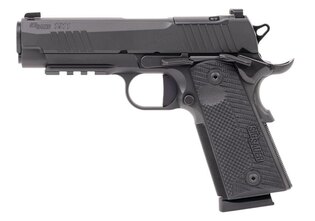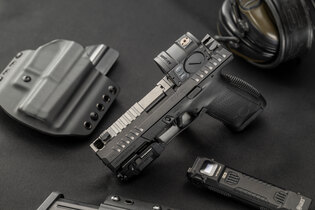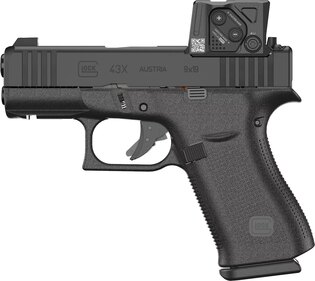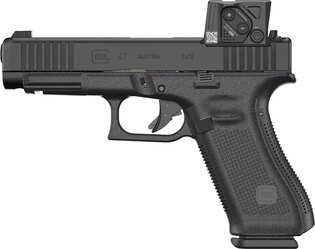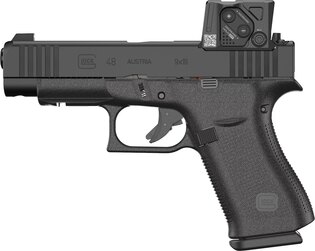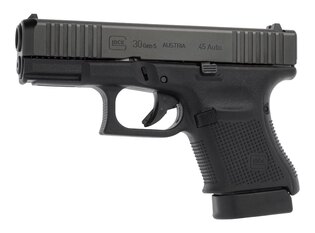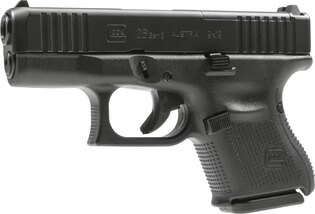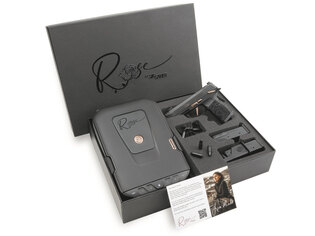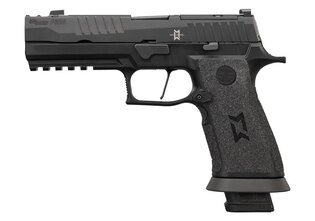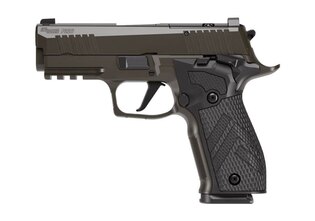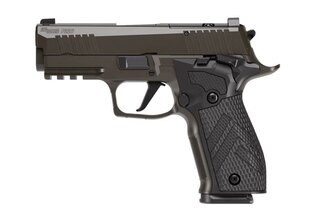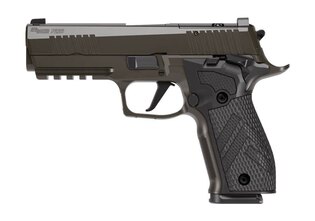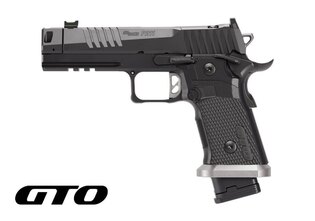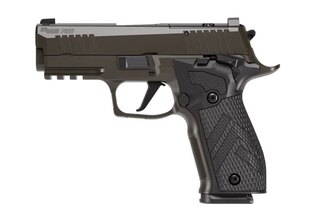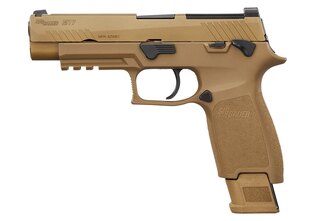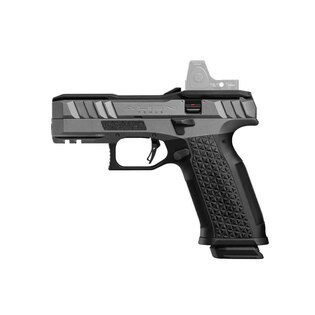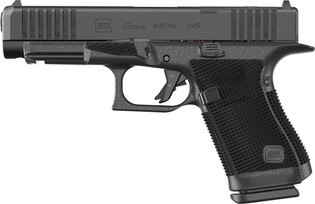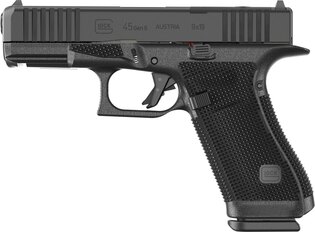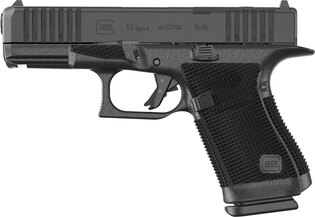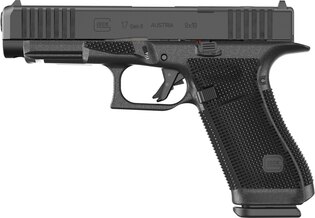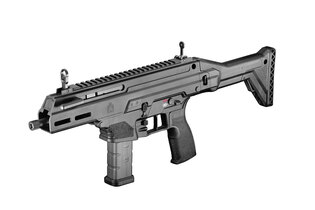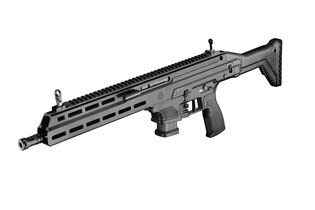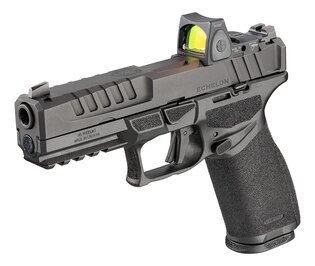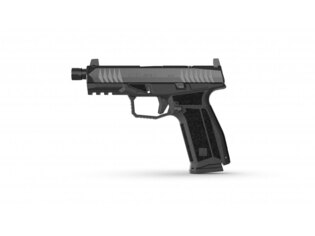What major changes will the new Czech gun law bring?
If you belong to the Czech shooting community, you probably did not miss the information that an amendment to the Weapons Act was adopted this April, which will come into effect on January 1, 2026. Let's recall the most significant changes it will bring to gun license holders.
Since 2003, Act No. 119/2002 Coll. on Firearms and Ammunition (Weapons Act), which has been amended several times during that time in line with the current situation. From January 1, 2026, Act 90/2024 Coll. will enter into force, the main elements of which we will recapitulate in this article. This delay in effectiveness is important for the readjustment of the Central Weapons Register and for the preparation of implementing regulations.
The new law on weapons is well drafted and brings a number of positive changes and simplifications. One of the main characteristics is the new nomenclature and division of groups of weapons authorizations (passes), weapons licenses and categories of weapons and ammunition, which is much clearer and does not create such chaos as the current version, where the names often overlap each other.
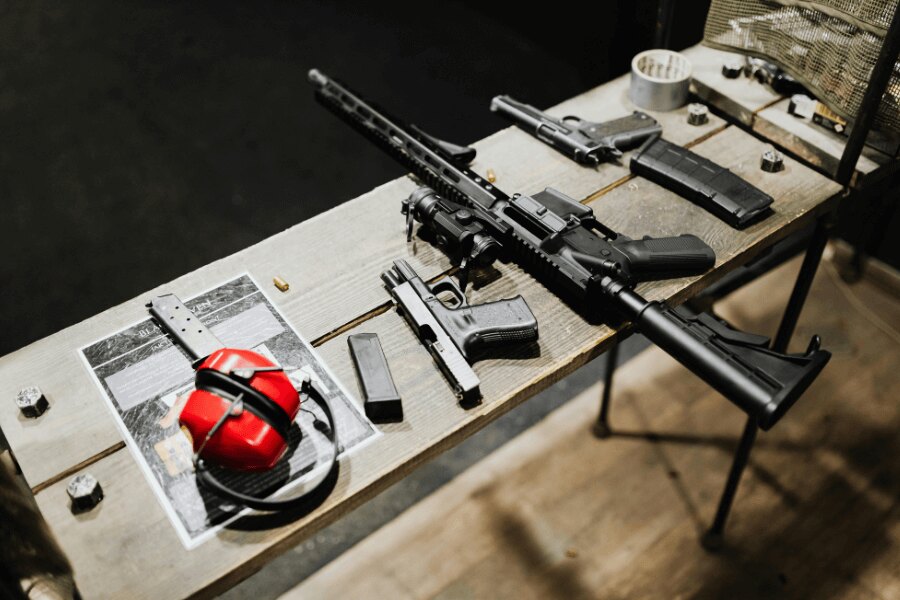
If the secondary holder is registered in the CWR, they can easily go to the shooting range with your gun.
In addition, you will find several new elements and improvements, such as digitalization or the concept of "secondary weapon holder". And, of course, a few more controversial points that we also have to mention. The overall positive, however, is that it was possible to preserve the very first point of the introductory provision: "Section 1, (1) The right to acquire, keep and bear arms is guaranteed under the conditions set by this law." considered a small victory these days.
TIP: If you'd rather listen than read, we recommend our video that also breaks down the new gun law.
1) New categorization and nomenclature
Weapon authorization and its groups
Current situation:
In the current wording of the law, we distinguish groups of firearms license A, B, C, D and E. A firearms license can be obtained by a person who meets the following conditions:
- has a place of residence in the territory of the Czech Republic,
- meets the legal age,
- is capable of legal acts,
- meets the conditions for medical and professional qualification,
- is criminally blameless and reliable.
What will change:
The first change concerns the nomenclature. The firearms license will now be called a firearms permit. Weapons authorization will have only two groups:
- General firearms permit: combines the existing firearms license groups A, B and C – i.e. collecting, sports and hunting.
- Extended firearms permit: combines FL groups D and E – i.e. the performance of a profession and the protection of life, health and property. This firearm permit also includes the general firearms permit.
Weapons and ammunition categories
Current situation:
According to the current law on weapons, we divide weapons and ammunition into categories A, A-I, B, C, C-I and D and ammunition that is not prohibited.
What will change:
The new naming of the categories is based on the European directive and has the task of simplifying the existing classification and giving it a logical framework.
Weapons subject to firearms authorization:
- R1 – weapons prohibited (incendiary weapon systems, laser weapon systems, ammunition weapons, insidious weapons, ambush firearms, automatic weapons);
- R2 – weapons with an exception (self-loading weapons converted from automatic, weapons with an over-limit magazine, long weapons that can be shortened below 600 mm by tilting the stock);
- R3 – weapons for purchase permit (short self-loading firearms, long weapons with a capacity of more than 3 rounds, short self-loading firearms, signal weapons over 16 mm);
- R4 – reportable weapons - (self-loading, repeating and individually loaded firearms not listed in other categories).
Compulsorily declared weapons:
- PO – (alarm weapons, signal weapons up to 16 mm, decommissioned, gas weapons over 6.35mm except for paintball ones).
Undeclared weapons:
- NO – historical weapons, expansion devices, gas weapons up to 6.35 mm, paintball and airsoft weapons).
Arms license
Current situation:
An arms license is a public document that authorizes a legal entity or a natural person to acquire ownership and keep weapons or ammunition within the scope of authorizations established for individual groups of firearms licenses. Arms licenses are differentiated according to the reasons for using weapons or ammunition and the scope of authorization into groups A-J.
What will change:
Similar to the firearm permit and weapon categories, the classification of arms license groups will also be simplified. The amendment to the law will distinguish only the following 3 groups instead of the current ten:
- ZL1 – broadly includes the activities of existing licenses A to E,
- ZL2 – broadly includes the activities of existing licenses F to J,
- ZL3 – a new specialized license for a one-time non-business performance of an otherwise licensed activity by an authorized natural person – for example, self-production of a weapon or collecting involving R1 category weapons.
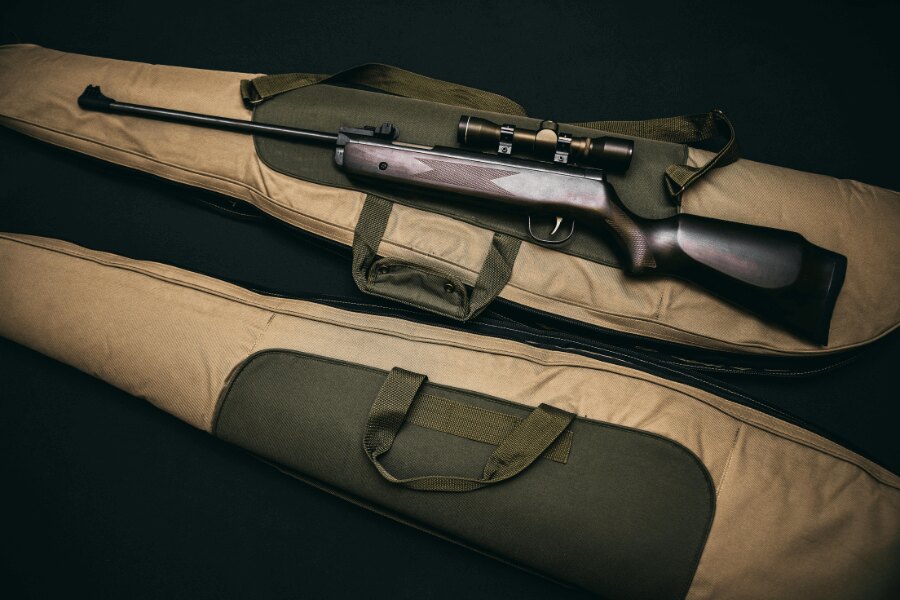
Weapons and ammunition will be divided into clearer categories.
2) Obtaining an arms license
Minor changes to the proficiency test
The basic conditions that the applicant for the issuance of an arms license must meet will not change fundamentally and it should only be about details. But what will be newly added are remedies in the event of a dispute between the applicant and the examiner. An applicant who fails the exam will have the opportunity to file a protest.
Age limit for obtaining an arms license
Current situation:
The minimum age for obtaining a firearms license for groups A, D and E is 21 years, for groups B and C it is 18 years. However, there are several exceptions that will be affected by the change in the law. A group B firearms license can also be issued to a person over 15 years of age who is a member of an association engaged in sports activities. A group C firearms license can be obtained by a student of a secondary school or a vocational school over the age of 16, where hunting lessons are part of the curriculum. There is also an exception for group D, and that is 18 years for pupils of a secondary vocational school, where the curriculum includes instruction in the field of rifles and ammunition.
What will change:
The age limits required for obtaining arms licenses will be adjusted. The minimum age for a general firearms permit will be 18 years, but it can also be obtained by a person older than 15 who is a secondary school student in a field that includes the teaching of hunting, riflery or in a field that includes the handling of weapons, as well as members of an association that engages in sports-shooting activities and has an arms license. The minimum age to obtain an extended license will remain 21.
Medical eligibility
Current situation:
The validity period of the firearms license is now 10 years. According to the medical fitness certificate, it can also be issued with a validity period of less than 10 years.
What will change:
Medical fitness for arms license will be renewed every 5 years, while it will be possible to issue it for a shorter period of time. An individual who is unable to safely handle a firearm due to a legally defined disease or condition will be deemed medically unfit.
The condition of integrity will also be simplified. The time during which a person who has been legally convicted of a crime will become blameless will no longer depend on the specific crime, but on the amount of the sentence imposed.
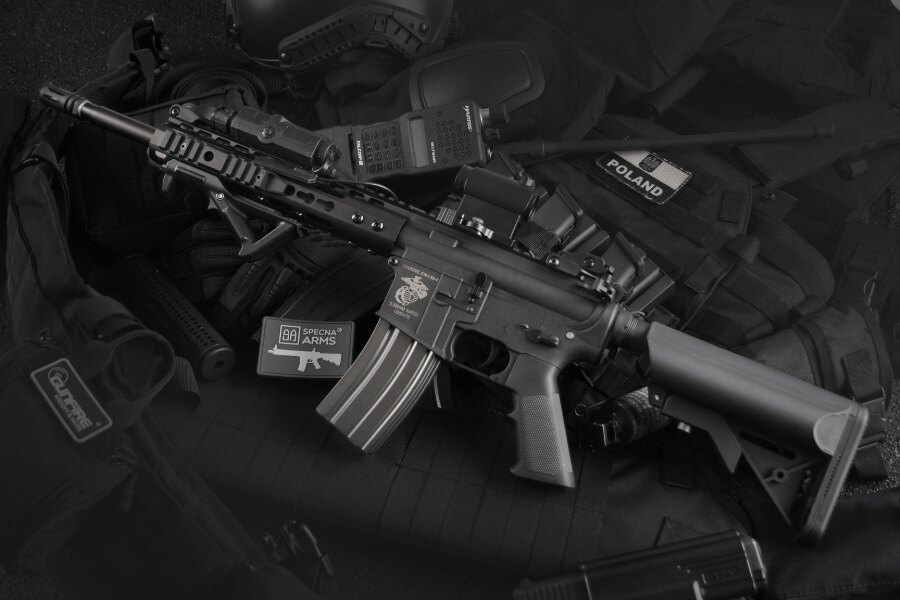
Weapons license, licenses for all weapons... from 2026 you will no longer need any cards.
3) Other important news
Digitization of the weapons agenda
One of the main points of the new law on weapons is the digitization of the weapons agenda. Firearms and weapons license cards will be canceled and all authorizations will be registered by the police in the Central Weapons Register.
The holder will have the opportunity to have a statement of their authorizations made from the electronic records – usually at Czech Point.
Secondary holder
A new element is the term "secondary holder". The owner of the weapon (as its main holder) will be able to register a secondary holder (e.g. spouse or relative) in the Central Weapons Register. This is always done with the consent of the secondary holder. They can then use the weapon without any problem, for example at the shooting range.
The secondary holder must of course have an adequate firearms license. If it expires or is taken away, the police are obliged to inform the main holder of the weapon.
Settlement will be possible anywhere
It will be a big relief for many firearm license holders that they will no longer have to deal with the weapons agenda at the Regional Directorate according to their place of permanent residence, but at any workplace of the Police Department for Weapons (OSZBM – Department of Services for Weapons and Security Material).
When you don't have time to extend
Another nice news is that, according to the amendment, the holder will no longer lose their firearms license if he does not provide a medical certificate of medical fitness in time. The police will only secure their weapons until they provide this certificate.
4) The less pleasant changes
As is often the case, not all changes are entirely positive, and a few snags seeped into the amendment to the Weapons Act:
Mandatory reporting of suspicious transactions
The amendment creates an obligation for traders to report all suspicious transactions. At the same time, a penalty of up to CZK 500,000 is threatened for failure to notify. However, there is still no clear definition of what exactly the term "suspicious transaction" means and how the administrative body will check and prove that such a transaction was involved.
LEX is therefore advocating for the readjustment of evaluation processes within the Central Register of Weapons in such a way that SKPV (Criminal Police and Investigation Service) staff are not overwhelmed and that redundant checks are avoided as much as possible. They also appeal for a change in terminology so that the negatively colored word "suspect" is ideally replaced by the neutral words "superstandard" or "unusual" and legal holders do not automatically appear suspicious.
It is probably one of the steps that responds to the tragic events of the murders in Klánovický les and at the Faculty of Arts of the Charles University in December 2023. However, in the case in question, the conclusions of the investigation were not yet known, and it was not clear whether it was really a system failure and a corrective measures would change the situation.
OPA incentives
Another problematic point of the amendment to the law is the possibility for the police to secure weapons based on the initiative of a public authority (which includes, for example, regional authorities, ministries, municipalities, but also schools), which reports that the holder poses a danger to internal order or security. Even in this case, however, there is a lack of clear definitions and there is a potential field for abuse, corruption or unnecessary harassment of legal gun owners.
Readers are further interested






































































































































